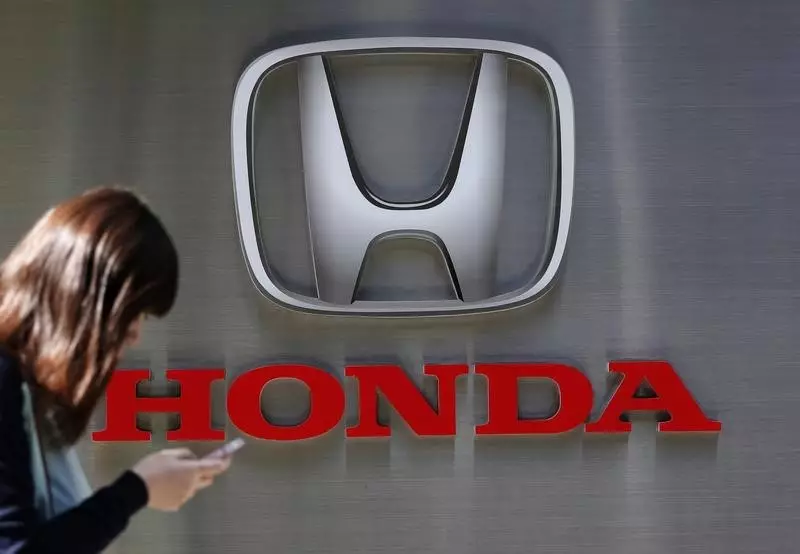In a move that could reshape the automotive landscape, Honda Motor Co. Ltd. and Nissan Motor Co. Ltd. are reportedly in discussions to solidify a merger by June 2025. This ambitious goal comes in the wake of plentiful speculation and analyses surrounding a collaboration between the two Japanese giants, fueled by the backdrop of an evolving global automotive market. Both companies, facing challenging sales environments, particularly in overseas markets such as China, recognize the need for a proactive solution to curb their dwindling market shares against intense competition.
According to recent reports from Japanese media outlets including NHK, Honda and Nissan have already inked a preliminary merger agreement, indicating a commitment to form a collaborative partnership. The upcoming press conference slated for Monday is expected to unveil significant details about this initiative, including the strategic framework on which the merger will be built. The merger’s first phase involves the establishment of a new holding company, which would serve as the foundation for their integration. Importantly, Mitsubishi Motors, in which Nissan holds a substantial stake, is also considering joining the merger, suggesting a potential trifecta that could lead to the formation of one of the world’s largest automobile manufacturers by sales volume.
A pivotal driver of this prospective merger is the ongoing evolution of the automotive industry, particularly the shift towards electric vehicles (EVs). Both Honda and Nissan have observed a dramatic contraction in their market positions amid a rapidly changing consumer environment, where cutting-edge technology and sustainability have become paramount. Companies like Tesla and various Chinese EV manufacturers are pushing the boundaries of innovation and affordability, resulting in a noticeable siphoning of customers from traditional automakers. This prevalent price war in the EV sector is compounded by stagnating demand for new vehicles in key markets like the U.S. and Europe, prompting both Honda and Nissan to reconsider their operational strategies.
The Implications of a Merger
Should this merger come to fruition, it would not only mark a significant turning point for Honda and Nissan but could also instigate sweeping changes across the automotive industry. By pooling resources, expertise, and technological advancements, the newly formed entity could harness economies of scale, streamline operations, and invest more aggressively in the development of electric and hybrid vehicles. Furthermore, the collaboration may serve as a countermeasure against competitor brands that currently dominate the EV space.
As the finalization of the merger moves forward, it presents a unique opportunity for Honda and Nissan to fortify their position in an increasingly competitive market. By adapting to consumer demands and the direction of the automotive industry, these companies may emerge not only as survivors but as key players in shaping the future of transportation. With anticipation building around the upcoming announcements, the automotive world is bracing for what could be a transformative collaboration in the years to come.

